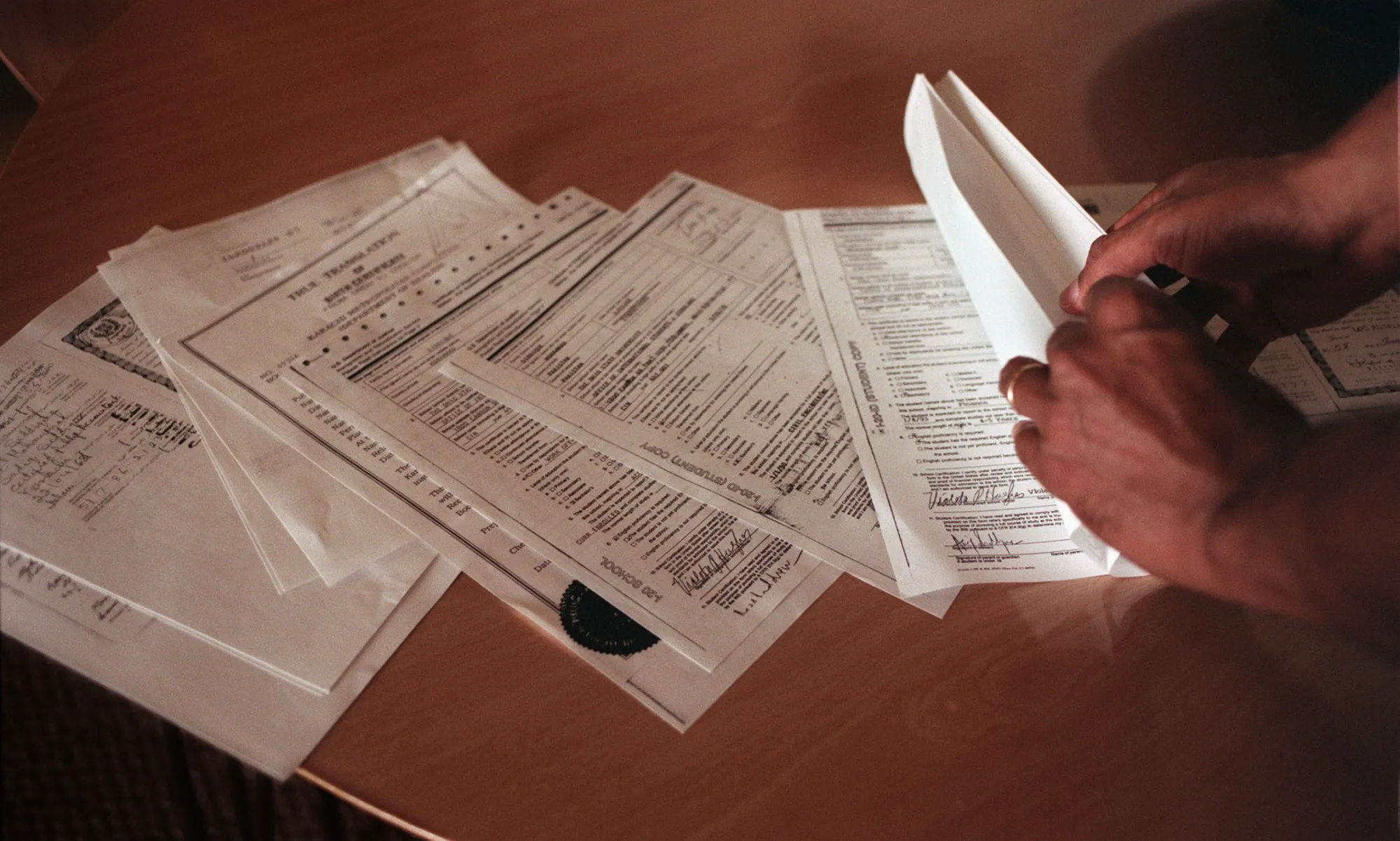H-1B Visas and Discrimination: Facebook's Controversial Practices in Silicon Valley

Introduction to the H-1B Visa Controversy
The H-1B visa program has become a pivotal topic in U.S. immigration discussions, particularly in technology hubs like Silicon Valley. Recently, a jury found that Facebook, a major player in the tech landscape, discriminated against non-Indian candidates for job openings, raising questions about fairness in hiring practices.
Key Findings from the Jury
The jury's verdict sheds light on troubling patterns within high-profile companies like Facebook. According to evidence presented, non-Indian applicants faced significant barriers, impacting diversity in the tech realm. This case serves as a key indicator of how H-1B visa practices may reinforce biases instead of fostering inclusivity.
Implications for Technology Jobs
- The implications of this finding are noteworthy, affecting hiring strategies across the technology sector.
- Many tech giants are lobbying for increased H-1B visa caps despite evidence of discriminatory practices.
Political Repercussions
As the H-1B visa program remains a political flashpoint, the Facebook case is likely to influence future discussions on immigration reform and labor market regulations.
This article was prepared using information from open sources in accordance with the principles of Ethical Policy. The editorial team is not responsible for absolute accuracy, as it relies on data from the sources referenced.